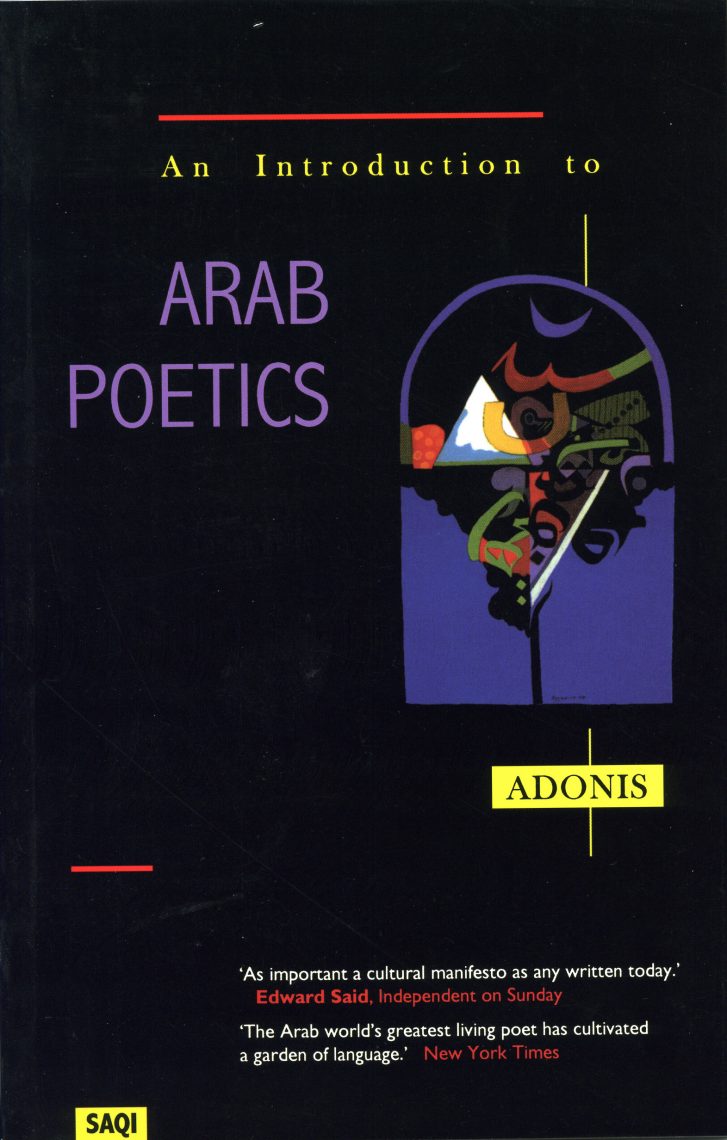- Please choose product options by visiting Classical Poems by Arab Women.

Sufism and Surrealism
About the Book
At first glance Sufism and Surrealism appear to be as far removed from one another as is possible. Adonis, however, draws convincing parallels between the two, contesting that God, in the traditional sense does not exist in Surrealism or in Sufism, and that both are engaged in parallel quests for the nature of the Absolute, through ‘holy madness’ and the deregulation of the senses.
This is a remarkable investigation into the common threads of thought that run through seemingly polarised philosophies from East and West, written by a man Edward Said referred to as ‘the most eloquent spokesman and explorer of Arab modernity’.
About the Author
Adonis is one of the most celebrated poets and essayists of the Arab world. Born in Syria in 1930, he fled political persecution and settled in Lebanon in the 1950s, where he led the modernist movement in Arabic poetry. He has written more than thirty books in Arabic, including Sufism and Surrealism, and the pioneering work An Introduction to Arab Poetics, and was awarded the Goethe Prize in 2011 for his contribution to international literature. His other awards include the Spiros Vergos Prize for Freedom of Expression, the Bjørnson Prize, the International Nâzım Hikmet Poetry Award and the Syria-Lebanon Best Poet Award. He lives in Paris.
‘Adonis is today’s most daring and provocative Arab poet, a symbolist and surrealist who is like a combination of Montale, Breton, Yeats, and the early T. S. Eliot.’ Edward Said
Reviews
'Adonis is undoubtedly one of the leading Arab poets of this century.' Times Literary Supplement
‘The Arab world’s greatest living poet has cultivated a garden of language.’ The New York Times
‘Adonis is a writer like Neruda or Marquez.’ Independent
'...the most eloquent spokesman and explorer of Arab modernity' Edward Said
'Adonis is one of the most important major literary figures of our century. His vision is extraordinary. His poetry sublime ... a master of our times.' V. S. Naipaul




